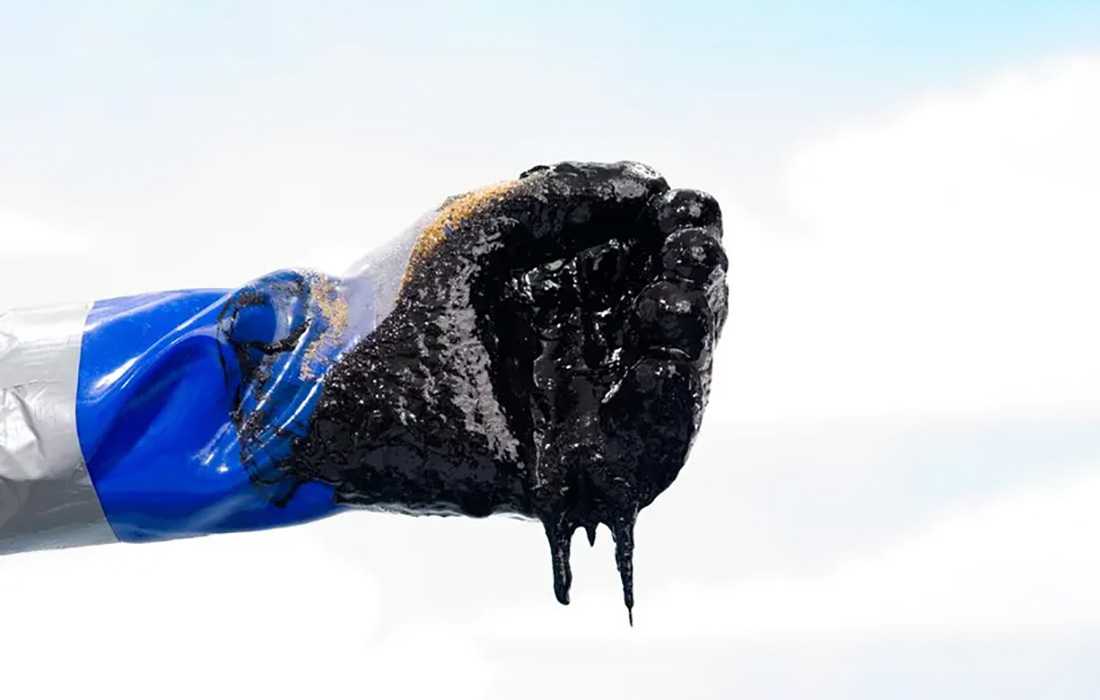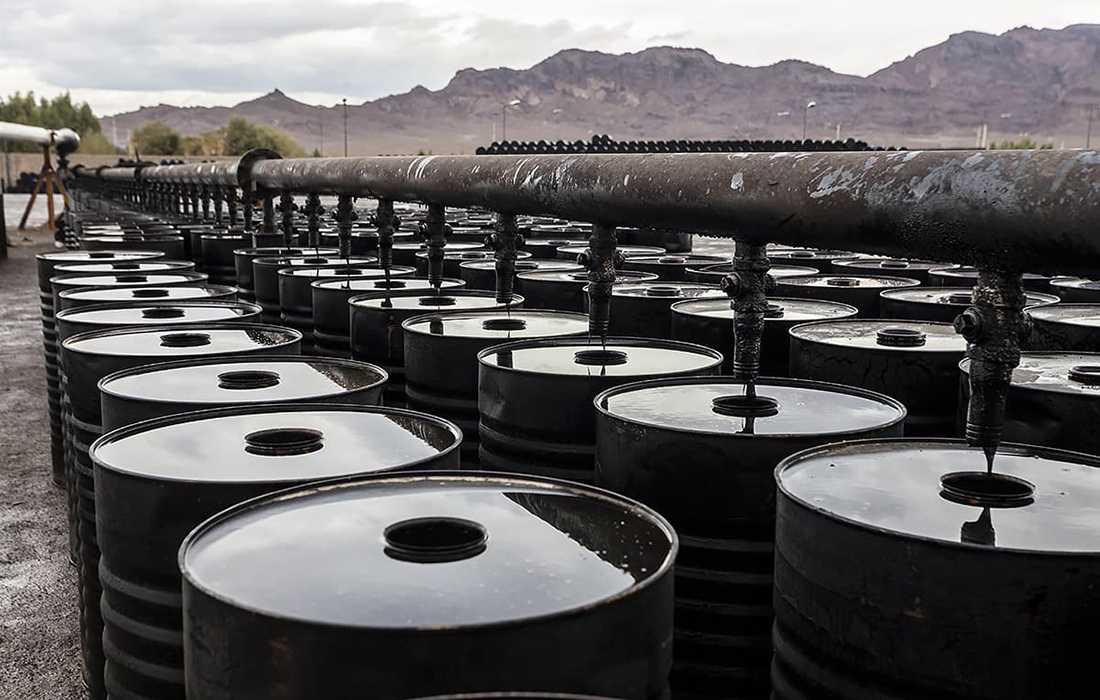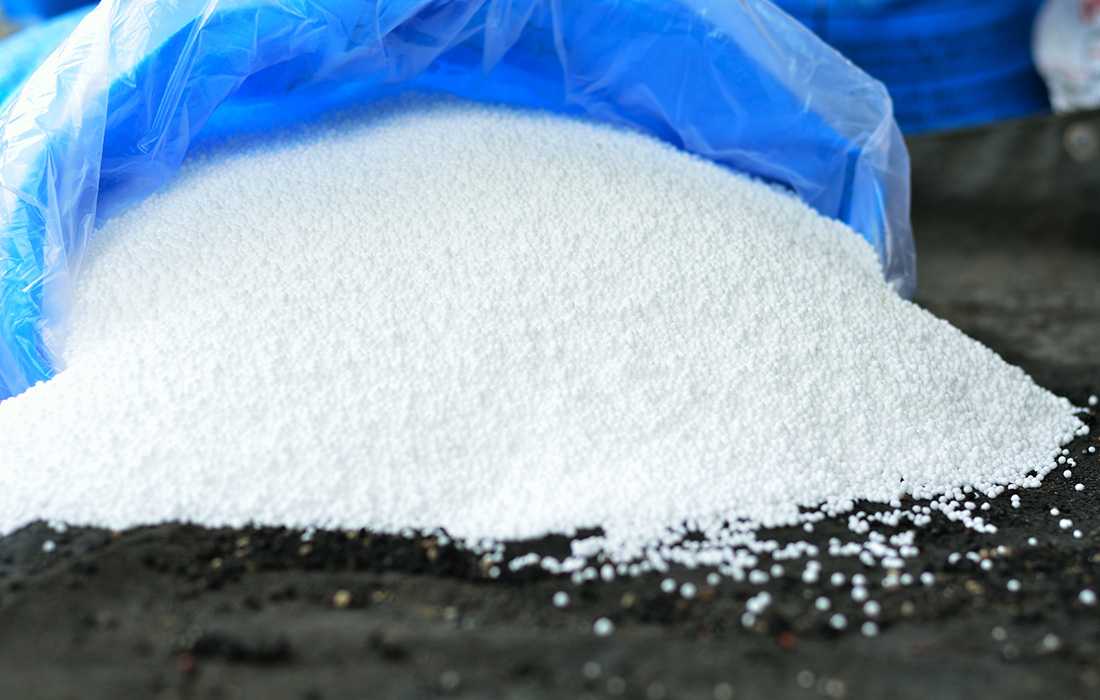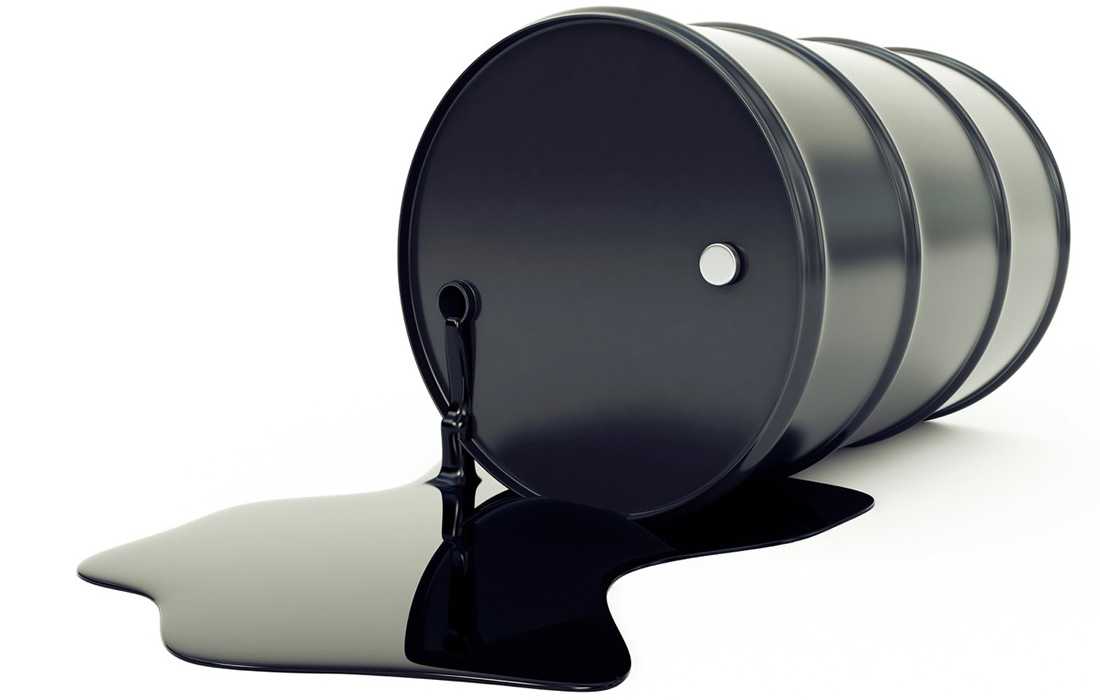HSFO 380
HSFO 380 refers to High-Sulfur Fuel Oil 380. It is a type of heavy fuel oil with a maximum sulfur content of 3.5% by weight. HSFO 380 is commonly used in maritime shipping, particularly in large ocean-going vessels such as container ships, bulk carriers, and...











